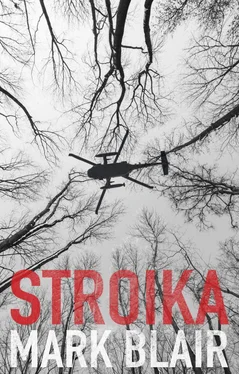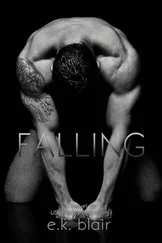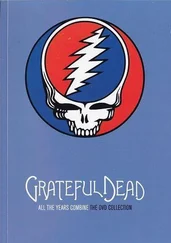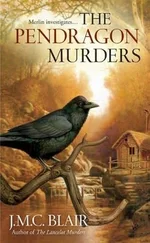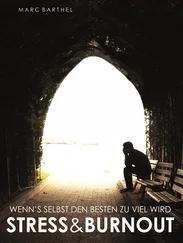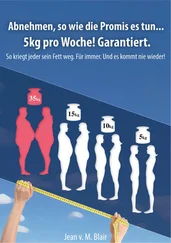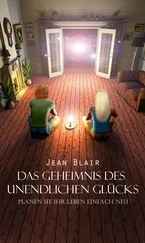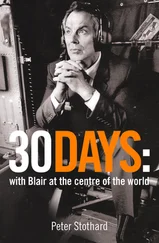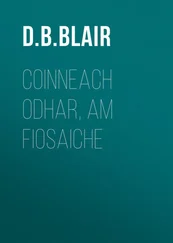The temperature had dropped to minus twenty. Two men seated at the far end of the café, a bottle of vodka between them, watched Viktoriya as she pushed the door shut behind her. Towards the front, a pensioner dressed in a shabby brown coat, still wearing his sable ushanka, its flaps hanging limply round his ears, chatted to an elderly woman.
Viktoriya walked over to the food counter and examined the paltry selection: three unappetising pastries on a chipped green plate, a small stack of hazelnut teacakes dusted in sugar, and a tureen of thin cabbage soup. The serving woman behind the counter, her hair tied up roughly in a bun, wiped her hands down the front of a grimy apron and waited for her to speak.
‘Tea, please.’
Silently, the woman selected a mug and held it under the samovar until it was full.
‘Sugar is extra,’ she said bluntly.
Viktoriya declined, paid her twenty kopeks, and carried it over to a table facing the front window. She took off her fur hat and padded coat and placed them on an empty chair where she could see them.
A solitary photograph of the previous general secretary, a stern looking Chernenko sporting thick snow-white hair, a blue jacket and a medal pinned to his chest, stared down at her. The glass sparkled in its glossy black frame and round it hung a red-and-silver garland. Viktoriya studied the woman behind the counter again and tried to guess her age: late fifties, early sixties, born in the twenties, old enough to have experienced the siege as a young girl. How different their lives had been. All that sacrifice, and what had it brought her… communist Utopia? She thought of her last visit to Milan. Maybe ignorance was bliss… or at least less bewildering. The portrait seemed ridiculous to her now.
She looked at the wall clock, its second hand frozen at thirty-two; the effort of its upward journey had clearly proved too much: three forty, ten minutes late. Suddenly anxious that this should be over, she fought the desire to get up and walk out. She had no desire to meet her father, even after so many years. His drunken binges had made her and her mother’s existence a living nightmare. She remembered the feeling of coming home from school on an afternoon when he wasn’t working and the feeling of apprehension as she turned the key in the door. How often had she invited herself round to Agnessa or Misha to put off that moment? Agnessa knew about her father – they lived on each other’s doorsteps – but she had never told Misha, she was not sure why, but thinking on it now she was certain he had known or suspected… the absence of return invites, his mother always so welcoming, always asking after her mother, never her father. It wasn’t such a big neighbourhood… and that final night, when he had taken the poker to her mother in one of his blind rages. She had fought it from him and cracked him over the skull. That had been the last time she had seen him. He was gone when she had returned from Agnessa’s the next morning.
The sound of the café door opening made her turn. A tall figure, a scarf wrapped tightly across his face, stepped into the café and quickly closed the door behind him. He turned looking for someone. His eyes settled on her. Still standing by the door, he pulled off his beanie and scarf and shot her a tight-lipped smile. The serving woman attempted to tidy her hair and poured her father a steaming hot mug of tea without him having to ask. How many years had it been since she had last seen him? Nine, ten, more…?
From where she was sitting he didn’t seem to have changed. He still had the same thick thatch of fair hair swept back off his forehead and was as lean and sinewy as he had always been. He sat down opposite her. She was glad he didn’t attempt to touch her.
‘Been waiting long?’ he asked, clearly not intent on making an apology.
‘Fifteen minutes.’
‘You were always one for being on time, the reliable one.’
He raised the mug of tea to his lips and fixed his icy-blue eyes on her as he took a sip and blew the steam in her direction. ‘You’ve turned into a real beauty. I always thought you would, just like your mother.’
Growing up, most people had commented on how she looked like him, not her mother. She didn’t think that had changed. Close up now, she could see the signs of ageing, weathered skin from working years outdoors and the all too familiar signs of too much vodka: thread veins and reddened skin.
‘How is your mother?’
‘She is fine,’ she said – all the better for not seeing you , she wanted to say.
‘Leningrad Freight? Hear you’re quite the director’s pet… big operation.’
She felt herself blush.
‘I’m not here to talk about work.’ From her handbag she extracted a small unsealed brown envelope and slid it across the table to him. ‘Five hundred roubles – that’s what you asked for. You don’t have to pay me back; just don’t bother my mother – or me – again.’
He flicked through the notes without taking them out and, satisfied, tucked the envelope into the inside pocket of his coat.
‘From what I hear, you’re doing pretty well there, got a good little business running on the side with that old school friend of yours – what’s his name… Konstantin Ivanivich. He was always a nasty piece of work.’
Unlike you, she didn’t say.
She could sense where this one-sided conversation was going. ‘You’d be best not to start bandying his name around,’ she darted back coldly.
‘ Pouf … I’m not worried about that young man.’ He was silent for a moment. ‘I’ve got a job back down at the docks… stopped drinking, you know.’
How many times had she heard that in the past?
‘So I heard.’
‘The place I’m staying at is pretty crappy though. It’s not like the place you have. It’s over on Trefoleva, I share it with a family of four… pretty wife though.’
How did he know where she lived? Had he been following her around? She pushed back the chair to leave.
‘One minute,’ he said, gesturing her to sit. He reached into his pocket and pulled out an official-looking document. It was an old internal passport, badly frayed at the edges. She frowned uncomprehendingly. He flipped open the photo page. It took a second for her to register. Staring up at her was the face of a man she would never forget: Pavel Pytorvich Antyuhin.
‘How did you get this?’ she hissed angrily. She reached out to grab it but his hand got there first. He slipped it back safely into his pocket.
‘Wouldn’t be good for this to fall into the wrong hands, have people asking questions… they never did find the killer – nasty business.’
Outraged, she started to say something and stopped herself. She wasn’t about to confirm what he did or didn’t know.
‘What is it you want?’ she said coldly.
‘More of what you just gave me… somewhere acceptable to stay. I know you can afford it. It doesn’t have to be as nice as your place, one bedroom would do fine… after all, I am your father.’
MILAN
Misha handed Ilaria a small key he’d taped under the filing cabinet in her office. She looked surprised.
‘Put this somewhere safe. Maybe give it to a friend.’
Misha wondered whether he should be giving it her at all. Hadn’t somebody already died in search of what the safe deposit box contained? But this was Italy, not Russia, he reminded himself. Yesterday, locked in Ilaria’s office, he had pored over four blow-up black-and-white photos with renewed interest: two men – he guessed early forties, similar height, five foot ten, maybe eleven, dark raincoats, one with thick dark spectacles – half turned towards the Neva. The man on the left – the one without glasses – had extended his arm just past his bodyline, his palm open as if denying some point the other was making. Was it ‘I don’t know’ or ‘I don’t care’? The last shot was of them facing the camera and the man with the spectacles pointing a finger at him. He was shouting: ‘ Get him! ’ Misha could still hear his voice.
Читать дальше
